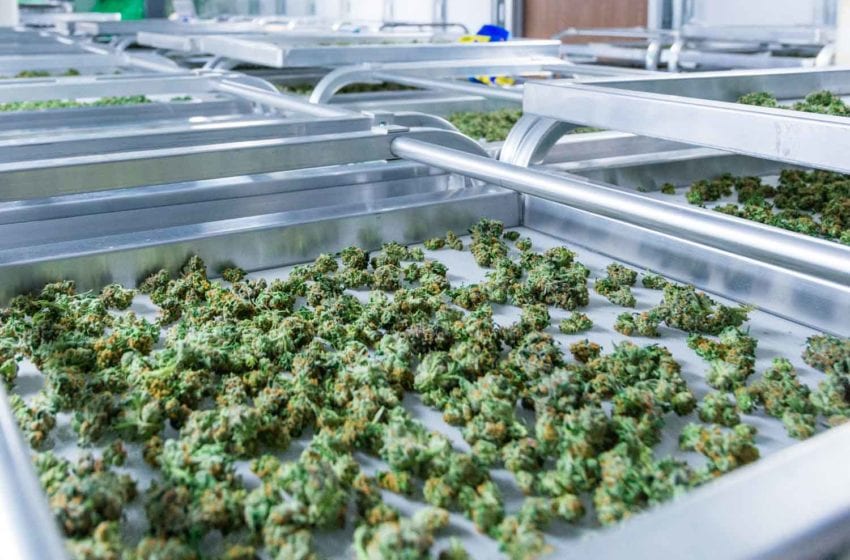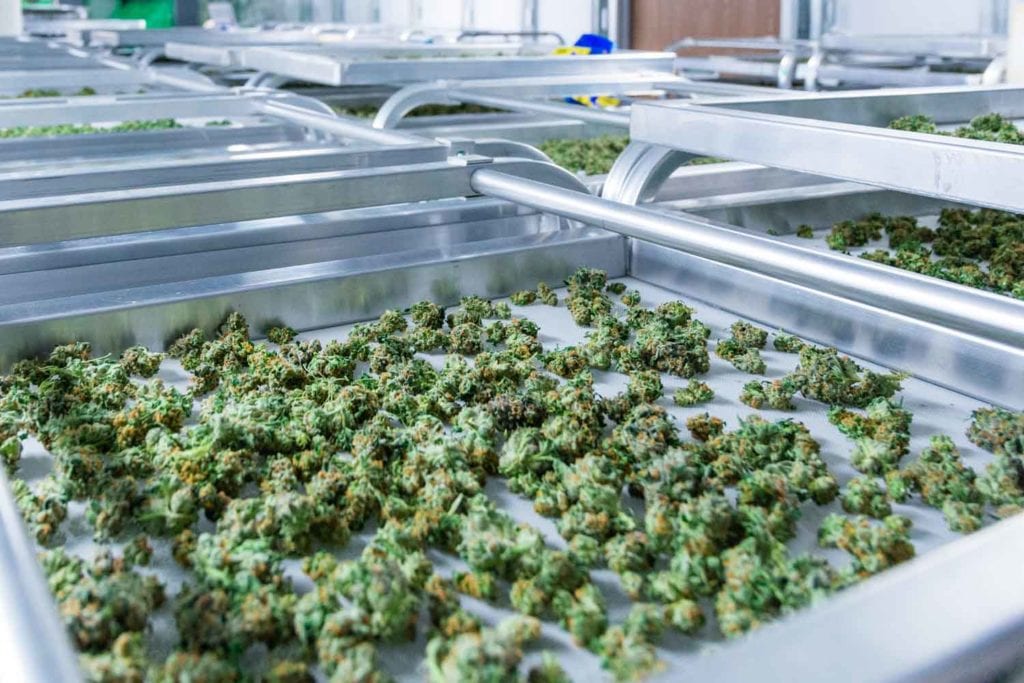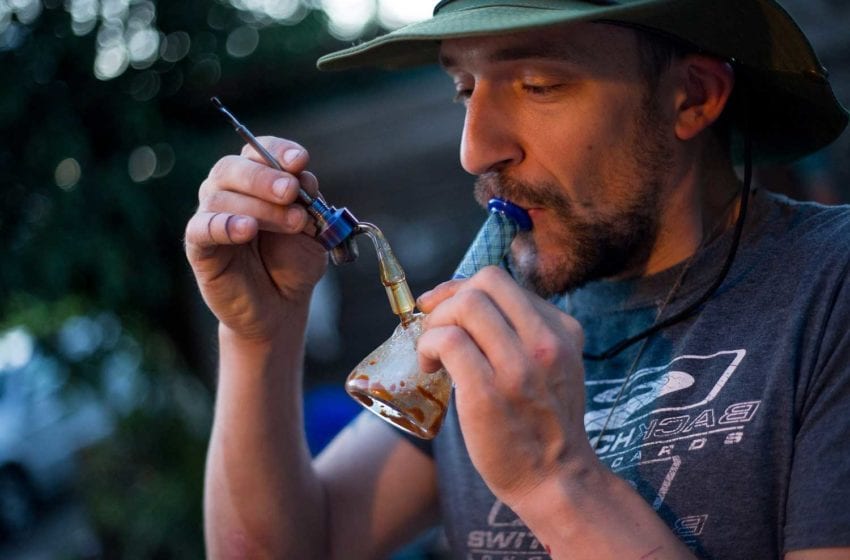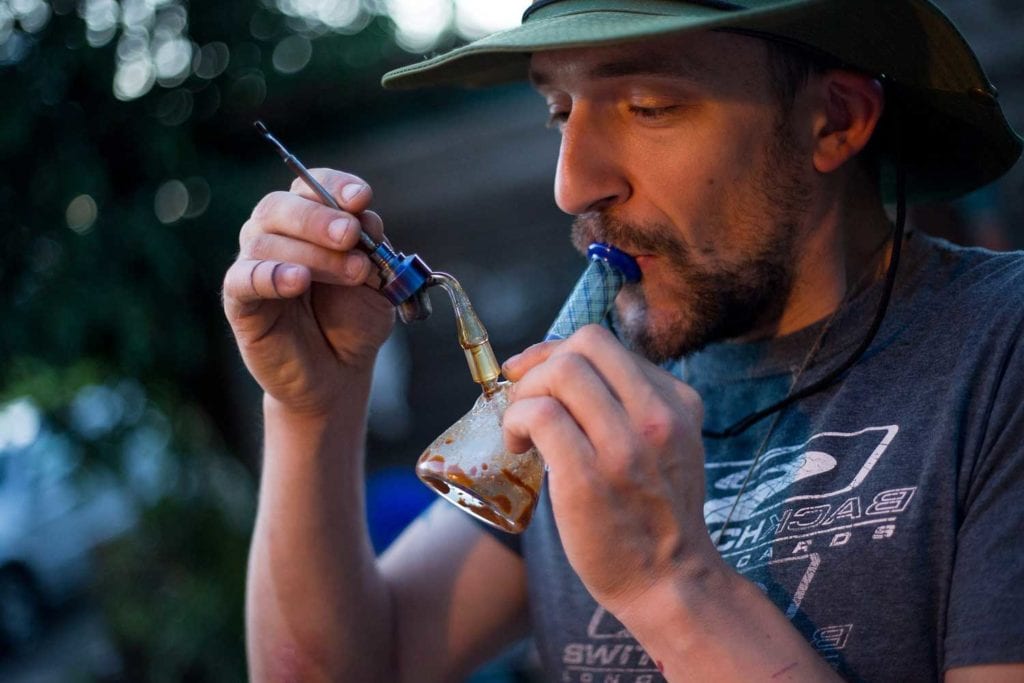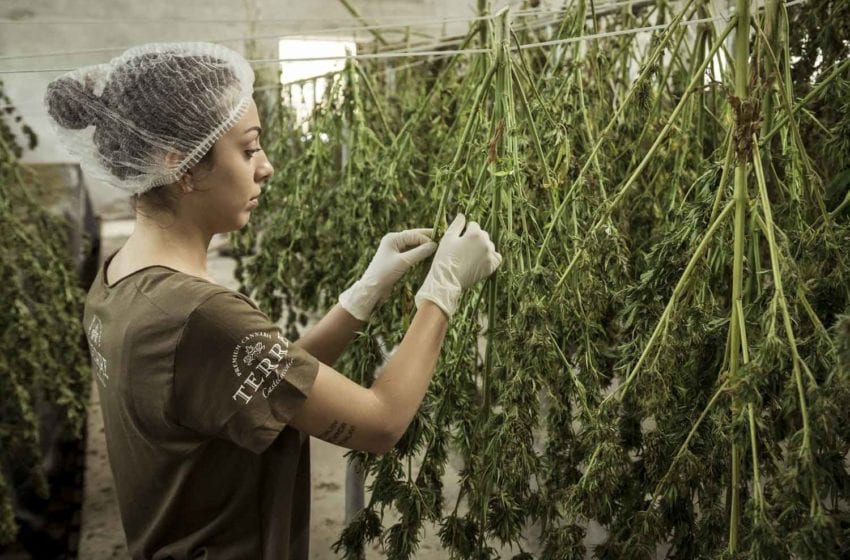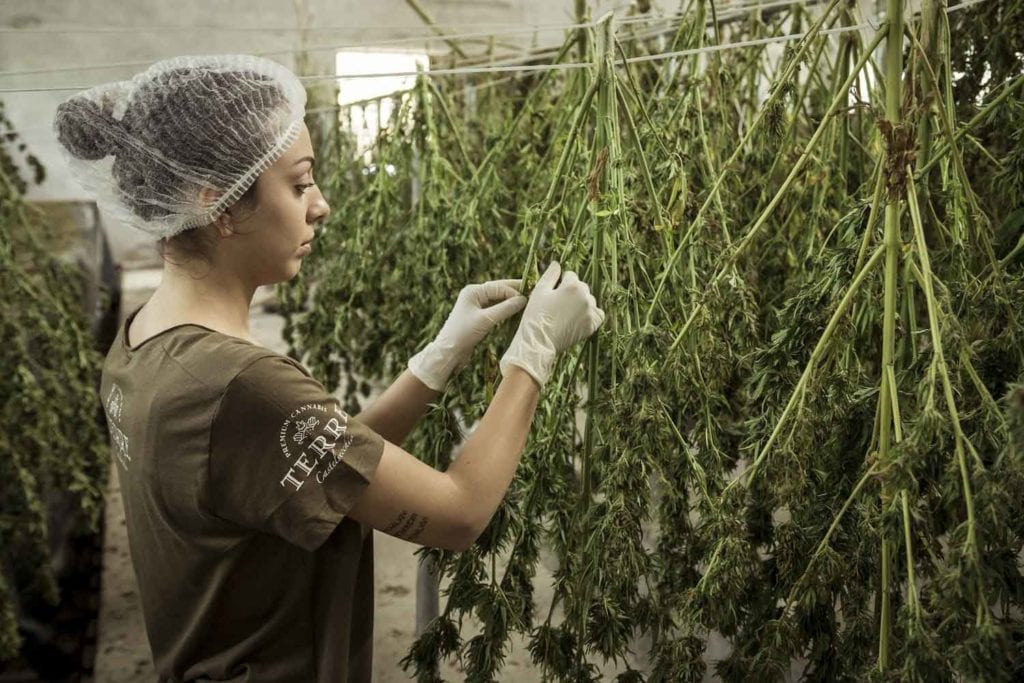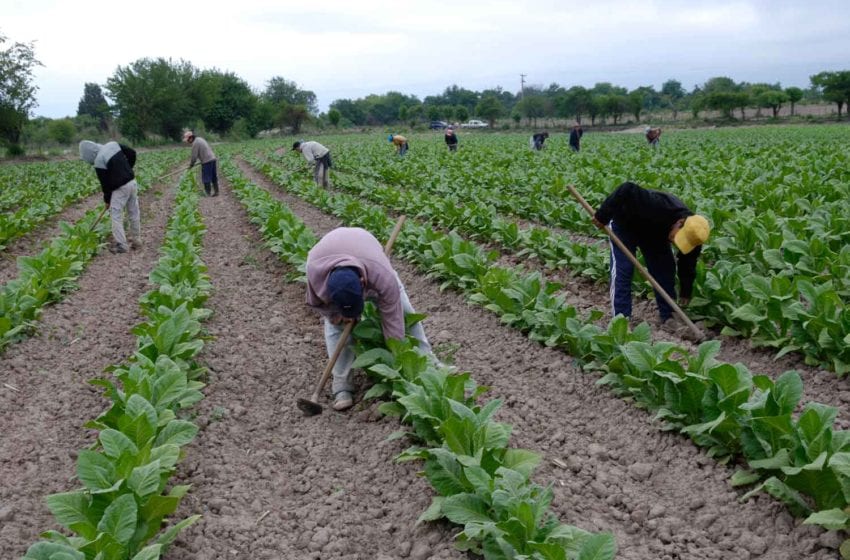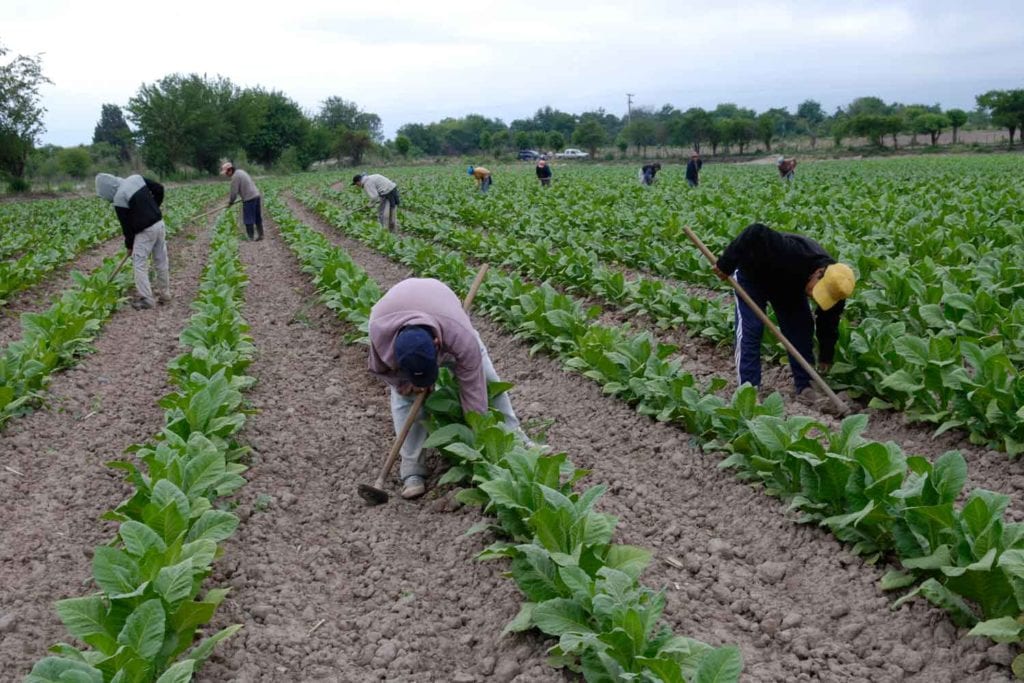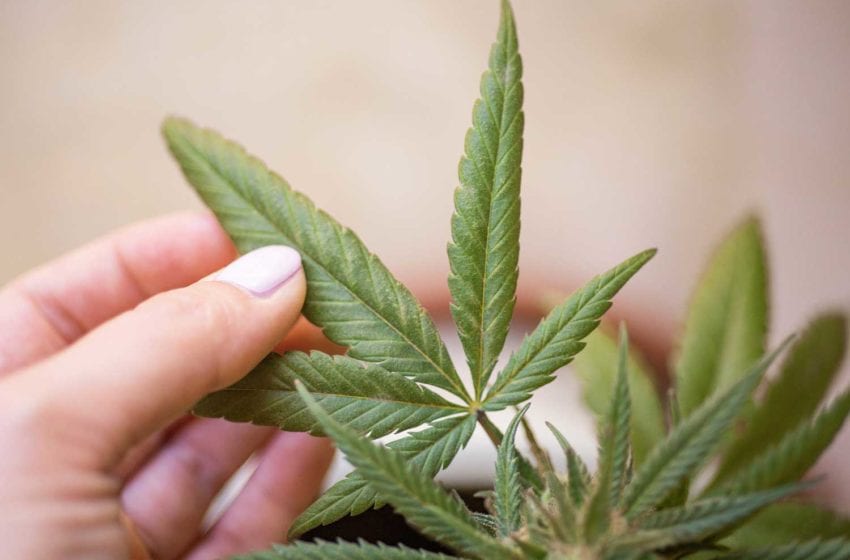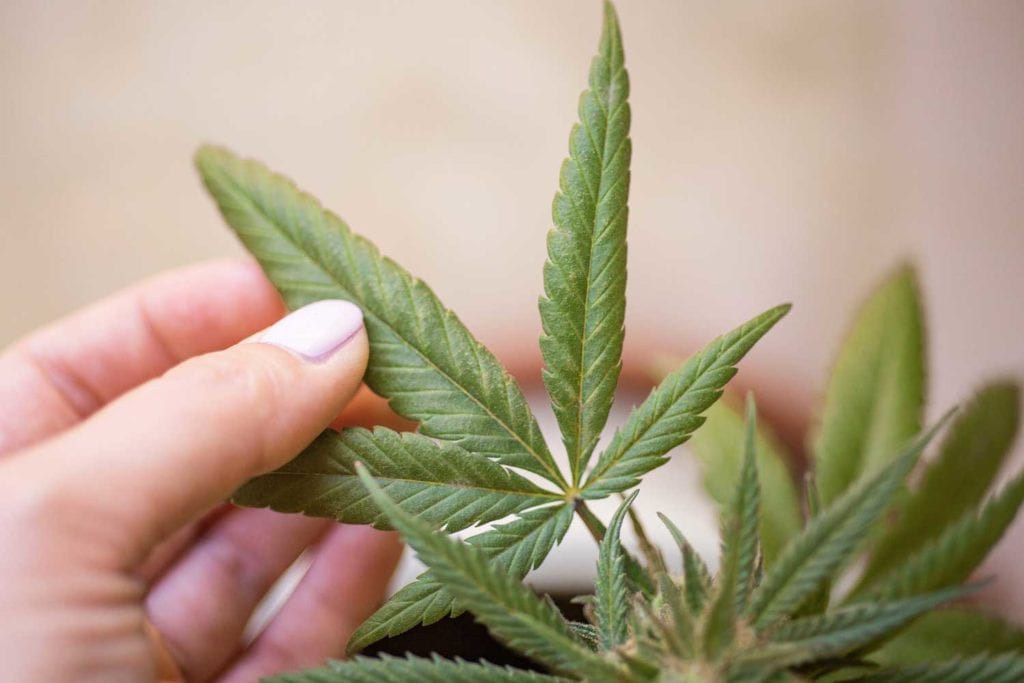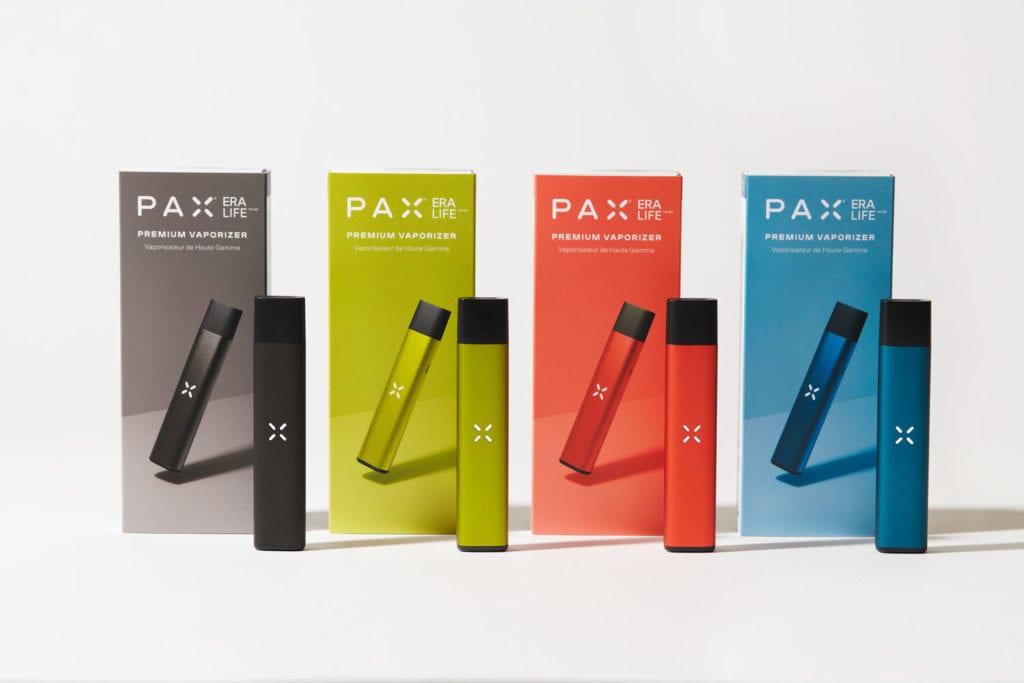
22nd Century Group has added strategic partnerships with expert commercial-scale plant breeders Sawatch Agriculture and Folium Botanical. The partnerships with these two northern hemisphere breeders add to the breeding capabilities that 22nd Century already has through its close partnership with Aurora Cannabis and another southern hemisphere-based breeder that will be announced shortly, providing 22nd Century year-round growing capabilities.
With decades of combined specialized alkaloid plant breeding and plant biotechnology experience, these expert breeders have proven next-generation technologies and innovations on breeding, commercial scale-up and cultivation, many of which are far beyond those of independent competitive breeders or in-house breeding in consumer product companies, according to 22nd Century Group. Under 22nd Century’s direction, proprietary plants will be developed with optimum levels of cannabinoids that meet high-quality standards when grown at commercial scale.
“We are thrilled to announce the addition of these world-class alkaloid-based plant breeding specialists to complement 22nd Century’s capabilities in our upstream value chain,” said James A. Mish, chief executive officer of 22nd Century Group, in a statement.
“Our four breeding partnerships complete our portfolio of comprehensive plant science capabilities, enabling the rapid creation and scale-up of stable, tailored, highly disruptive plant lines with predictable yields critical to the mass cultivation of hemp/cannabis, which will be absolutely necessary to meet the rapidly growing market demand for improved, stable genetics.
“We are giving growers a competitive advantage by substantially improving crop yield and optimizing the time that it takes to develop new lines to a two-year cycle, a reduction from the 7 to 10 years that would typically be necessary to create new lines using our proprietary capabilities.”
With today’s announcement of these expert breeding partnerships, 22nd Century says it has secured all key partnerships needed to maximize and support each of the segments of its cannabinoid value chain: plant profiling (CannaMetrix), plant biotechnology (KeyGene), plant breeding, commercial-scale plant cultivation and ingredient extraction/purification (Sawatch Agriculture, Folium Botanical, Aurora Cannabis, Needle Rock Farms and Panacea).


